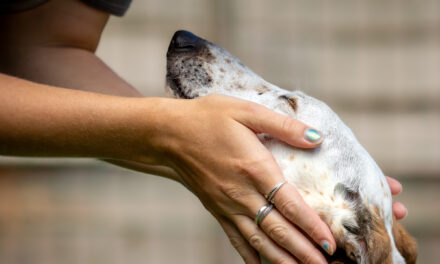The RSPCA marked its 200th birthday during its traditionally busiest week of the year, issuing a call to the public to join a million-strong movement for animals.
Last year, the charity received 31,947 calls to its emergency line during the week of 12-18 June, the highest of the year. Rescuers handled 5,573 incidents, addressing cases of cruelty, neglect, and mistreatment.
The charity anticipates another busy period this year as it celebrates 200 years of working with the public to improve animal welfare. Already in 2024, the RSPCA has received 330,415 emergency calls by 27 May, with rescuers dealing with 116,512 incidents of concern. A notable case involved Rupert, an emaciated Staffie cross found in Lancashire. After weeks of care at the RSPCA’s Southport, Ormskirk & District Branch, Rupert transformed and is now looking for his forever home.
Historical Background and Royal Patronage
The RSPCA urges the public to join its movement as animals face significant threats, including the cost of living crisis, intensive farming, and climate change. RSPCA Chief Executive Chris Sherwood highlighted the importance of public support: “Our rescue teams are incredibly busy, and as we celebrate our 200th anniversary, we expect to be as busy as ever. We need more people to take action to create a kinder, better world for all animals.”
Founded on 16 June 1824 at Old Slaughter’s Coffee House in London by Arthur Broome and 22 others, including MPs William Wilberforce and Richard Martin, the RSPCA has a rich history. By 1840, Queen Victoria allowed the Society to add ‘Royal’ to its name, a tradition continued by HRH King Charles III, the charity’s new patron. Over two centuries, the RSPCA has influenced industries, laws, and public attitudes towards animal welfare.
To enhance public engagement, the RSPCA launched a new tool on its website to help people quickly understand how to assist animals in need. Chris Sherwood stated, “Animals’ lives have changed significantly over the last 200 years, but they now face unprecedented threats. Our new online tool aims to guide the public in helping sick, injured, lost, or abandoned animals swiftly and effectively.”
Sherwood concluded by emphasising the collective effort required for animal welfare: “Animal welfare is a shared responsibility. Whether transferring animals to the vet, offering advice, or responding to cases of cruelty, we can all contribute. A world that is better for animals is better for us all.”








